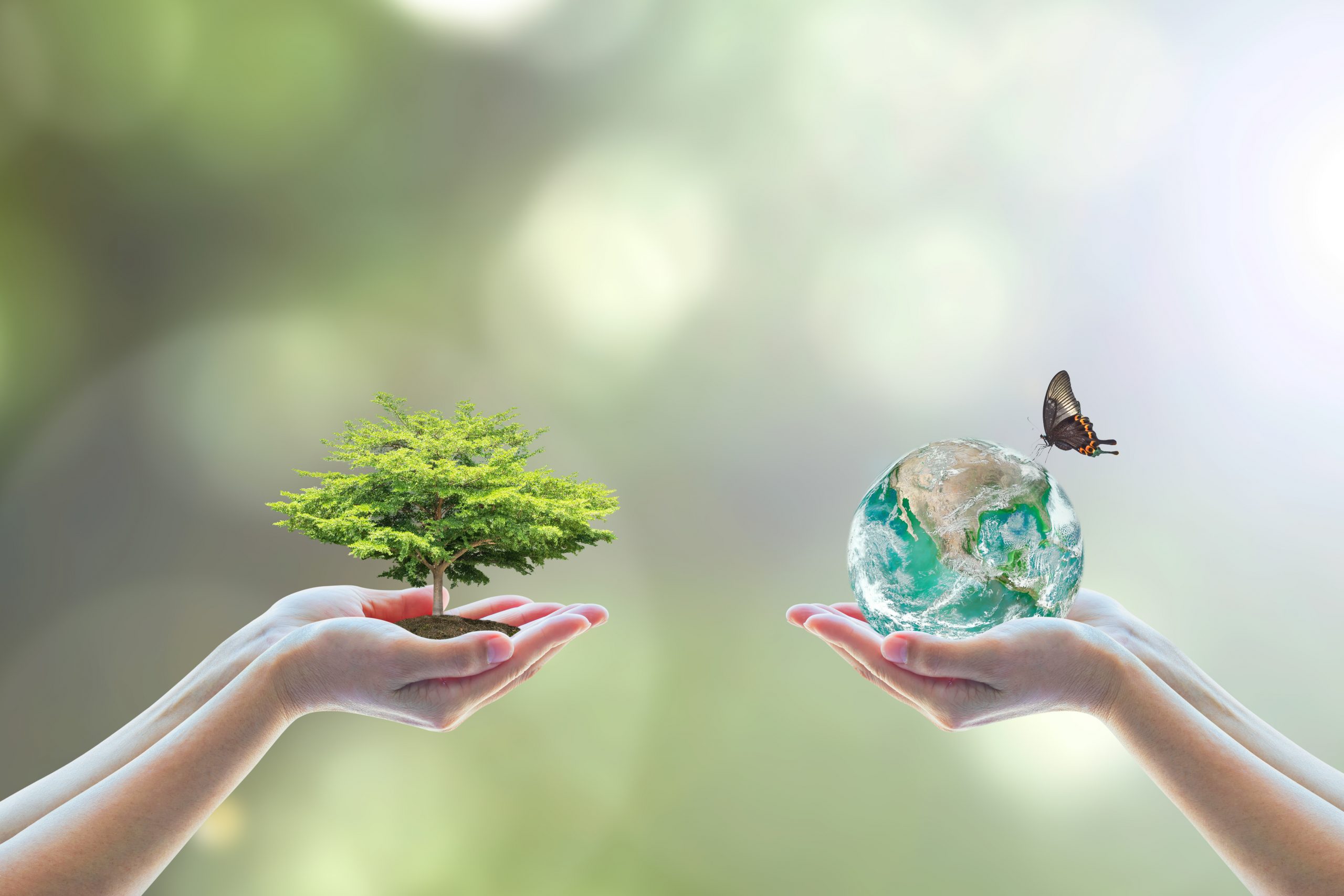The Conference of the Parties to the UN Convention on Biological Diversity initiated the process of developing a Post-2020 Global Framework for Biodiversity, as another step towards achieving the 2050 Vision of “Living in Harmony with Nature”.
This Global Framework and Vision 2050 must now face the new reality in which COVID-19 has placed us, and that is why the Integration of Biodiversity (Mainstreaming) in the productive sectors has acquired even greater relevance for the CBD. The concepts and messages that are currently heard everywhere, such as Build Back Better and Green Recovery, among others, have made us think about what we are doing within our own projects.
In the case of the IKI-IBA project, we have identified several actions and routes, which we have been promoting within our pilot projects. They include: maintaining and recovering the capacity of soils to produce food, through conservation agriculture; recovering the percentage of organic matter, its water retention capacity and increased fertility; as well as the promotion of good practices in the selection, storage and exchange of seeds and the management of pests with methods that do not involve agrochemicals – as is the case of bats and the rice borer moth. All of these are actions that allow producers to be more resilient, because a healthy soil, and a good variety and quality of seeds –as well as with the ecosystem services surrounding the crops– allows them to generate a better economy in their production, as well as higher quality products.
These are the examples that allow us to have a dialogue of trust and work together with SADER colleagues and they are key to promoting the integration of biodiversity to become a fundamental component in decision-making processes and in the design of programs in this sector.

